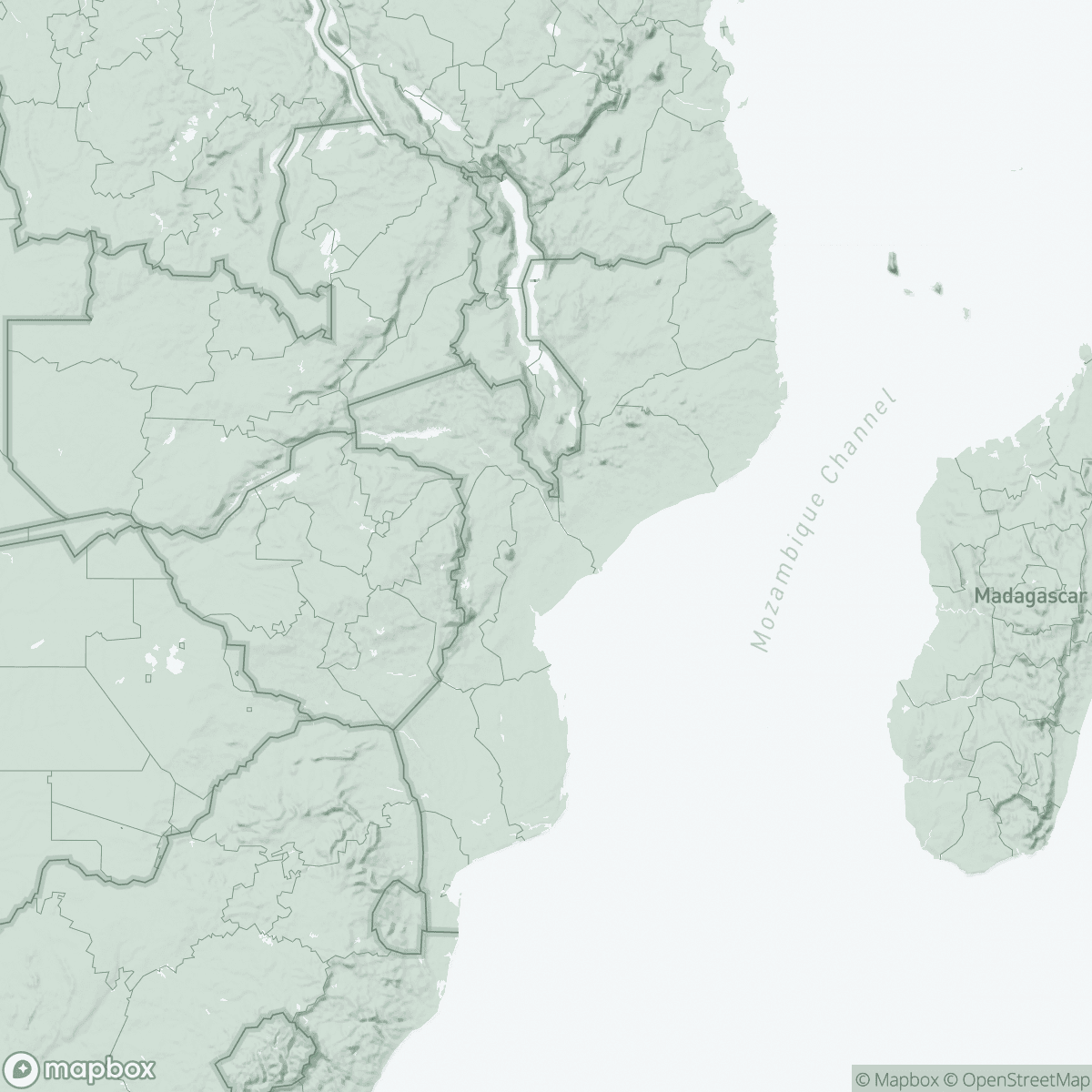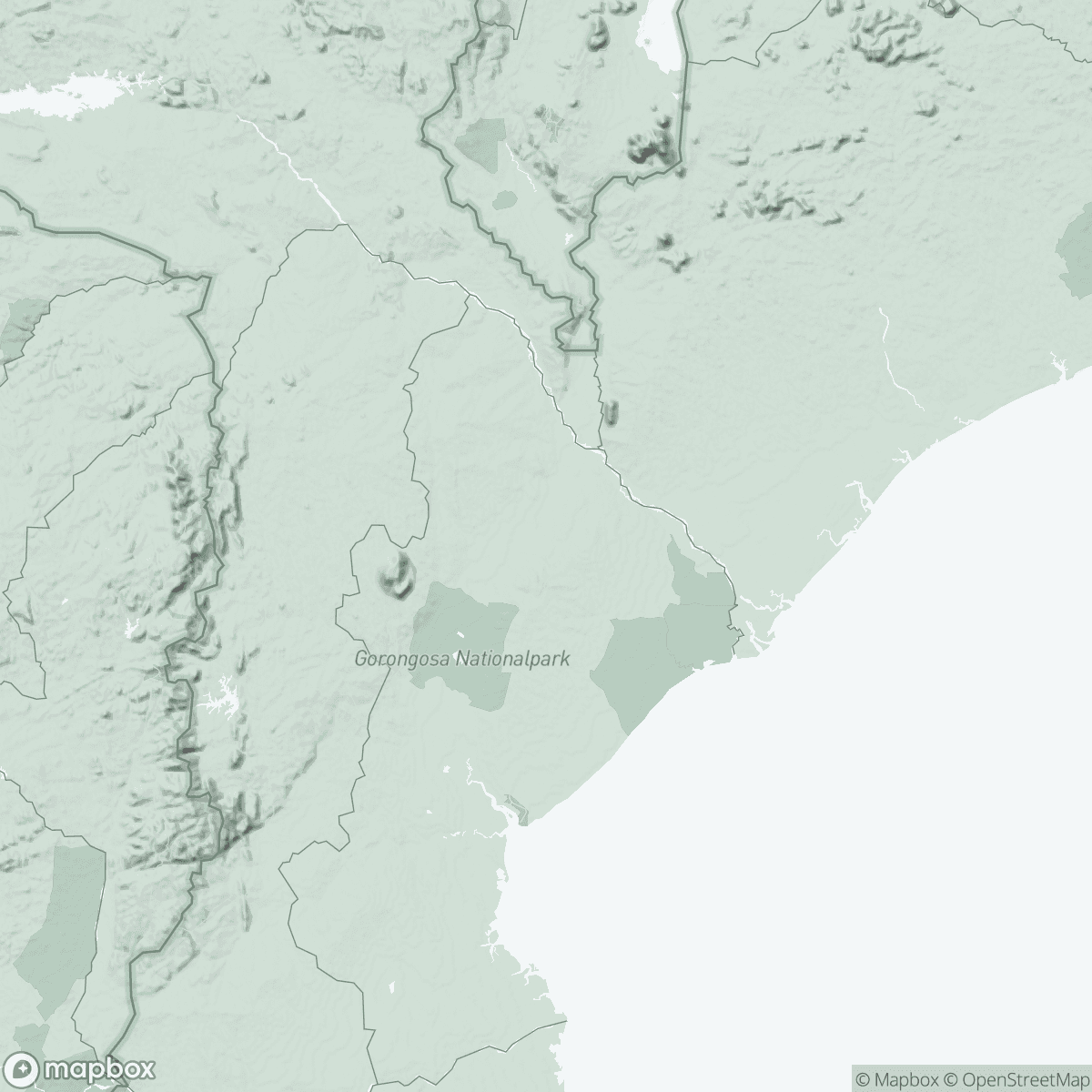
Conflict has lingering impact on healthcare access in northern Mozambique
In 1 click, help us spread this information :
Seven years after violence broke out in Cabo Delgado, Mozambique, people’s health and humanitarian needs remain significant. Médecins Sans Frontières (MSF) is responding in hard-to-reach areas.
Since the start of the conflict in Cabo Delgado in 2017 more than one million people have been forced to flee their homes. This amounts to almost half the population of the province, located in the north of Mozambique. According to UN data, there are still 576,0001 people displaced, while 630,000 others have returned to areas that have been affected by the conflict over the last three years, mostly in the districts of Mocímboa da Praia and Palma.
Today the security situation remains volatile, with military operations from the Mozambican and allied forces, notably the Rwandan army, ongoing in coastal areas. There has also been an increase of attacks claimed by a non-state armed group in a wider geographical area of the province. These new attacks have led to renewed displacement in various districts in recent weeks.
People still feel the impact of their original displacement, even years later.
“I'll never forget that day,” says Omar Issa, as he recalls the moment his hometown, Palma, was attacked in April 2021. He and his wife left everything behind and set out for Pemba, the provincial capital, walking several days through the bushes. During the rush, Omar was separated from his children, who were not at home at the time of the attack. He learnt that his children had safely reached Montepuez district weeks later.

The family was separated for months. They only reunited in 2022, after security forces retook control of Palma and they could all return under advice from the authorities.
"I don’t feel comfortable, I don’t feel safe,” says Omar at a clinic supported by MSF.
The terrifying memories of violence still haunt me.”
Many people from the area struggle like Omar does to overcome the direct and indirect impacts of the violence.
Impact of the conflict on the provision of aid
While the conflict deescalated in 2023, some attacks throughout 2024 have raised concerns. In particular, an attack in Macomia district in May forced MSF to suspend our work2. Our mobile clinics and outreach activities in other areas of the province, like Palma, Mocímboa da Praia, and Mueda, were also suspended for the months following and are only now resuming gradually.
In and around these towns, many health facilities remain non-functional, either because they were damaged during attacks or due to lack of funding. The facilities also lack health workers, as people do not feel safe enough to carry out their work. Without many other options for care, the temporary interruption of MSF’s outreach activities heavily affected residents, particularly patients with chronic health conditions and emergency needs, like women with complicated pregnancies.
“Access to the most in need people in the hardest-to-reach areas of Cabo Delgado should be granted to humanitarian organisations,” says Nathalie Gielen, MSF country representative for Mozambique.
We continue to call on the parties to the conflict to respect and protect medical workers and health facilities so that we can sustain and expand our activities. We want to provide lifesaving services to vulnerable communities during this protracted crisis.”

Some patients have difficulty accessing healthcare due to disrupted communication networks and poor road conditions. Some mothers who arrive with their sick children at our supported health centre in Nanduadua, in Mocímboa da Praia town, need to take up to four different types of transportation to reach the centre.
The rainy season exacerbates humanitarian needs
Beyond the ever-present challenges in accessing healthcare, Cabo Delgado faces another rainy season, which can last until April and brings with it the likelihood of cyclones in a country that has been hit by several of them in recent years and is very vulnerable to the climate crisis.
In our supported health facilities, we already see large numbers of patients with malaria, a fatal mosquito-borne disease. It is especially dangerous for children and pregnant women, but is relatively easy to heal when detected and treated at an early stage. Between January and September, MSF treated over 82,000 cases of malaria in Cabo Delgado.
“Many children are coming with advanced malaria, due to the long distances [to reach care],” says Selma Felix, MSF medical officer.
50 per cent of the children that visited the Nanduadua health centre were positive for this disease.”

As part of our emergency response, we also prepare for potential outbreaks of cholera, a water-borne disease which is endemic in the region, and measles.
Limited access to clean water and adequate sanitation exacerbates these health challenges, creating an environment conducive to the spread of disease,” says Benjamim Janeiro Mwangombe, MSF’s medical coordinator for Mozambique.
Community work and support to health facilities
MSF has been running medical and humanitarian activities in Cabo Delgado since 2019 to assist people affected by the conflict, through community services and in support to health centres and hospitals. Currently we are providing mental health support, improving water and sanitation systems, offering sexual and reproductive health consultations, and assisting individuals living with HIV and tuberculosis, among other activities.
In remote areas, MSF supports the Ministry of Health’s multipurpose health agents and works with health promoters. They act as a bridge between the communities and healthcare providers. This has proven essential in ensuring that medical assistance reaches those who need it most, even in unstable regions. Indrissie Imbrahim, an MSF health promoter, highlights that despite many challenges nearly 5,000 patients in need of specialised care were referred by MSF teams to health structures across Cabo Delgado so far this year.
However, some of people’s most acute needs are not visible. Following the attacks in Macomia and the temporary suspension of our outreach activities, Azvinei Juliasse, MSF mental health supervisor, was worried.
We lost contact with several patients who were struggling with depression and, in many cases, no longer saw purpose in their lives,” he says.
“We fear that without continuous support they might relapse into depressive states,” he adds, highlighting one of the constant challenges people face in Cabo Delgado: the disruption of their care.





